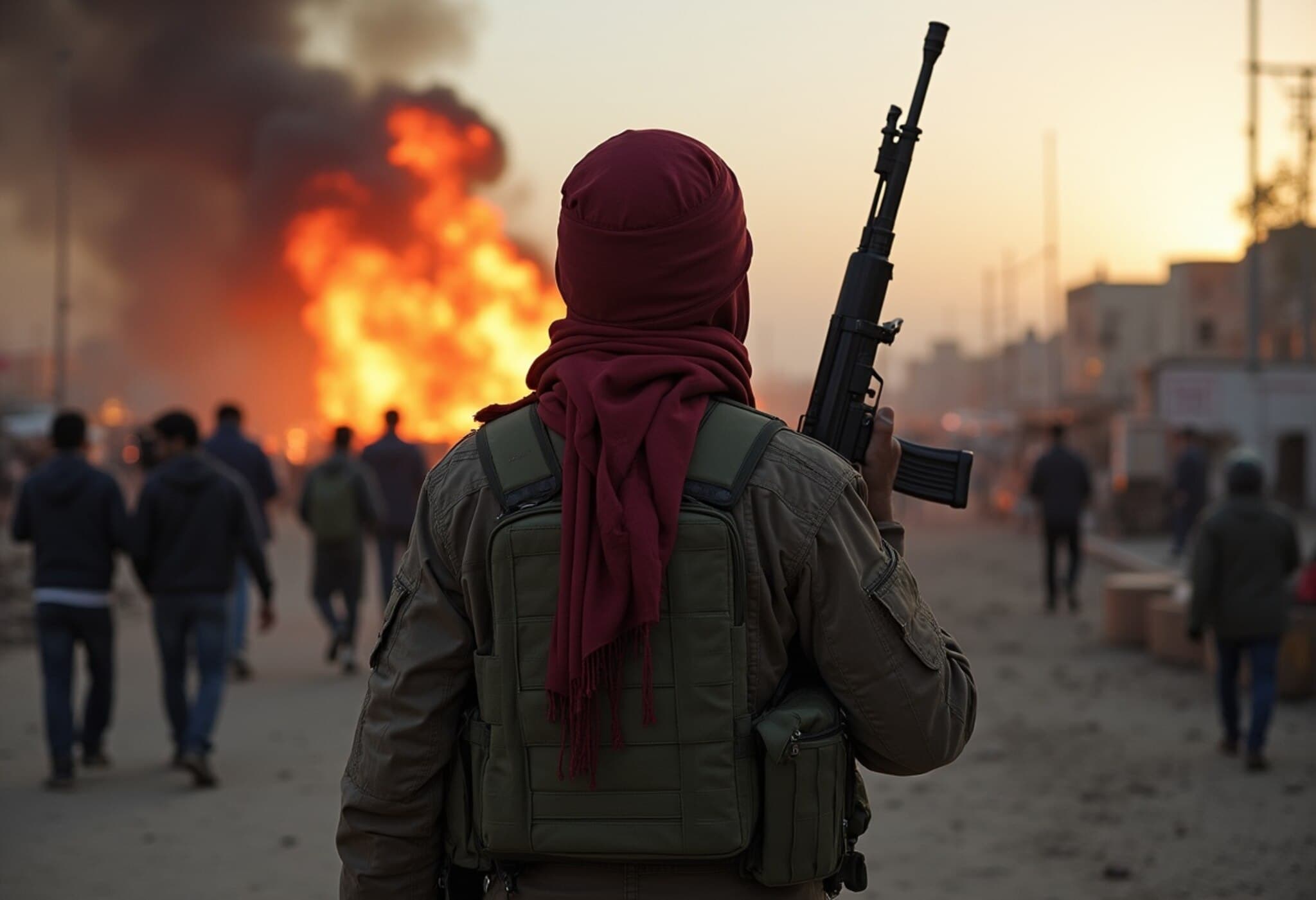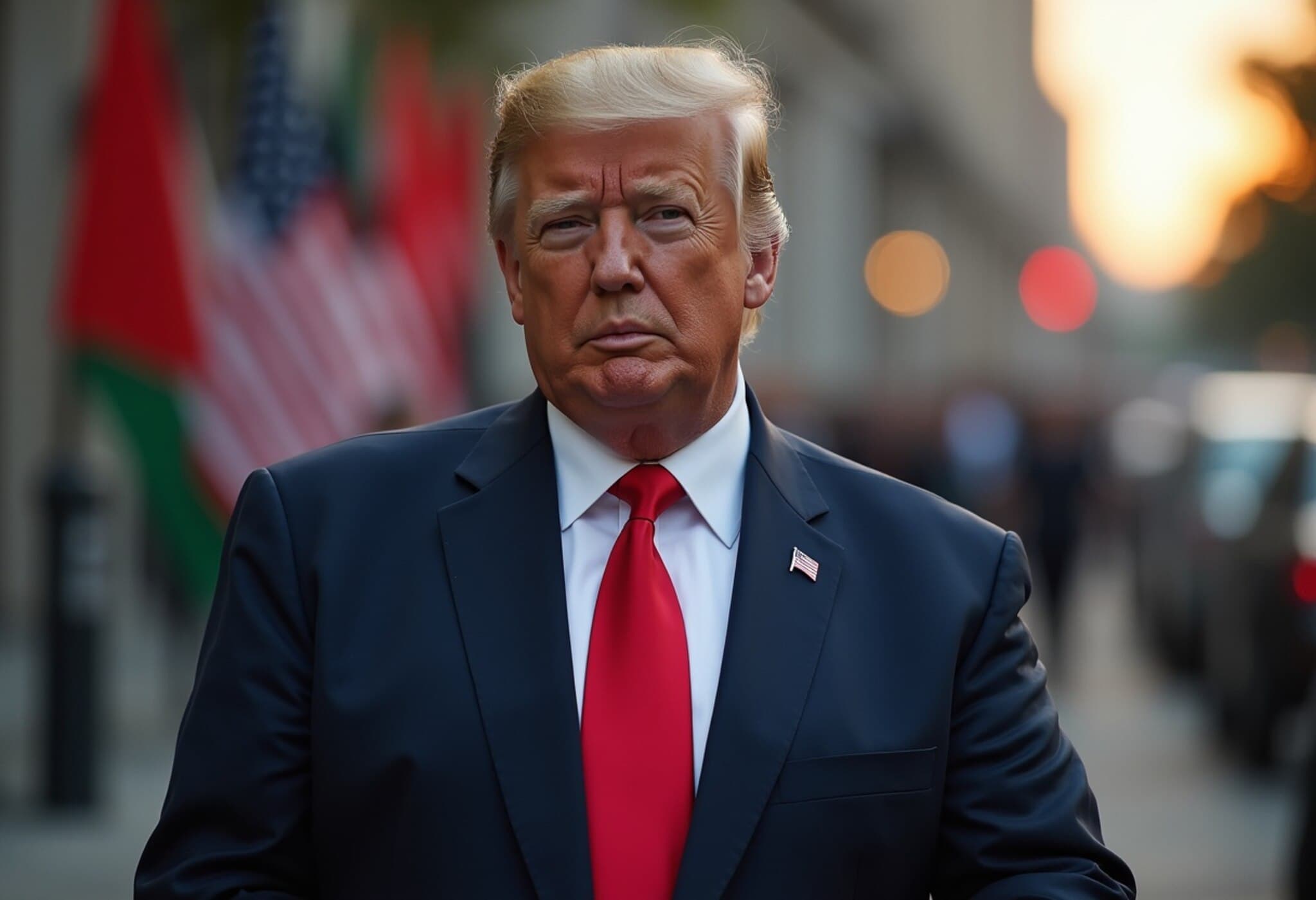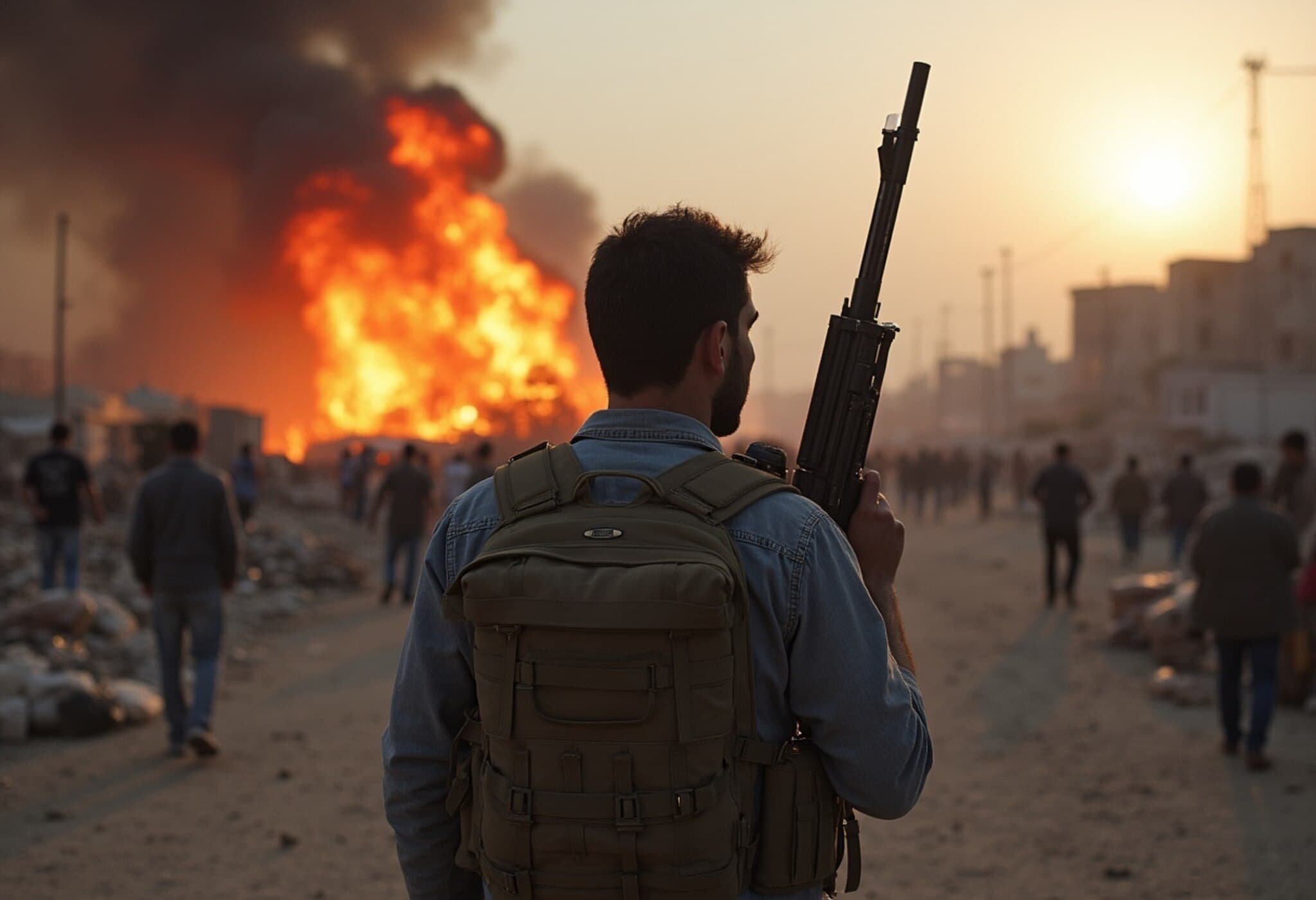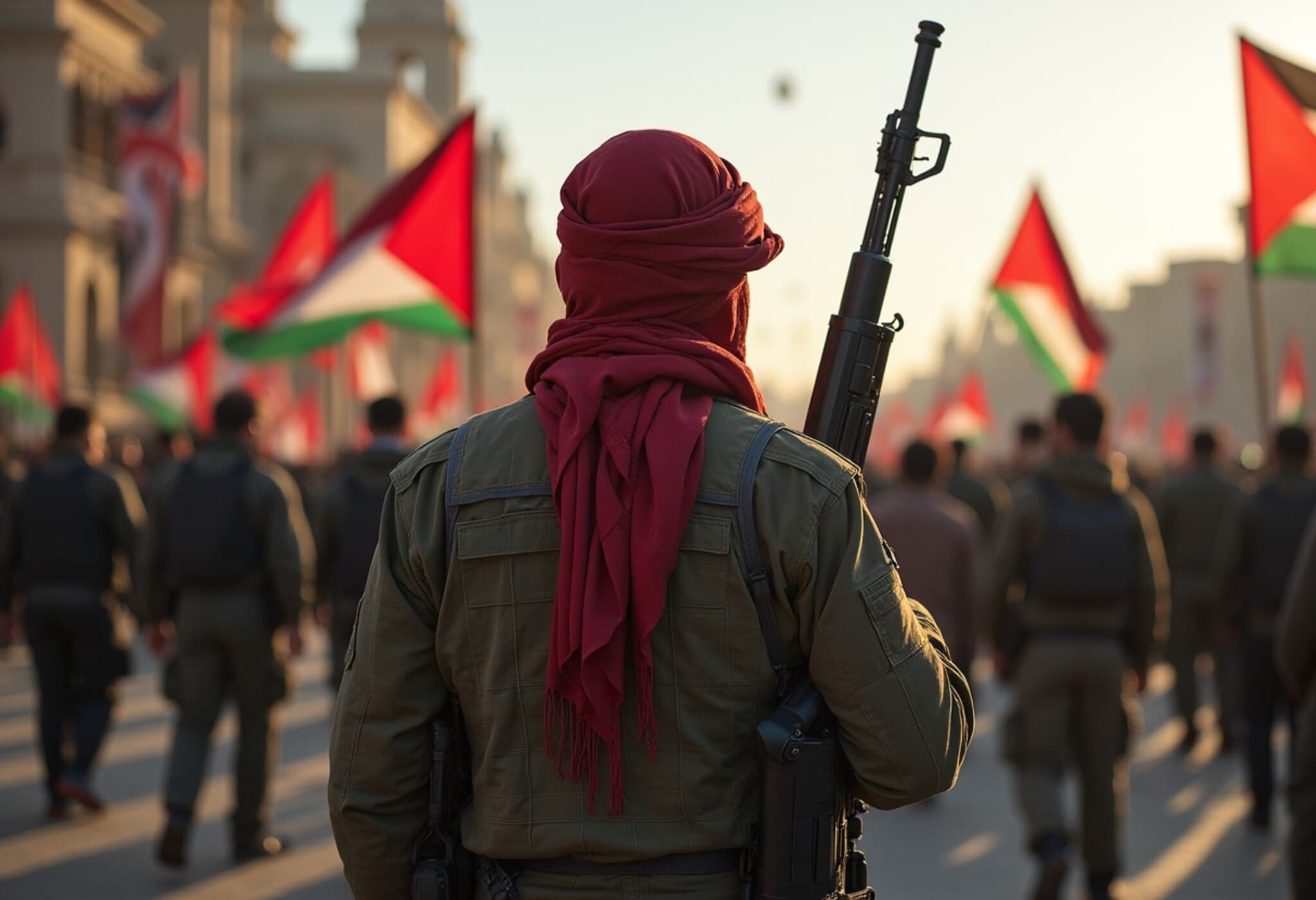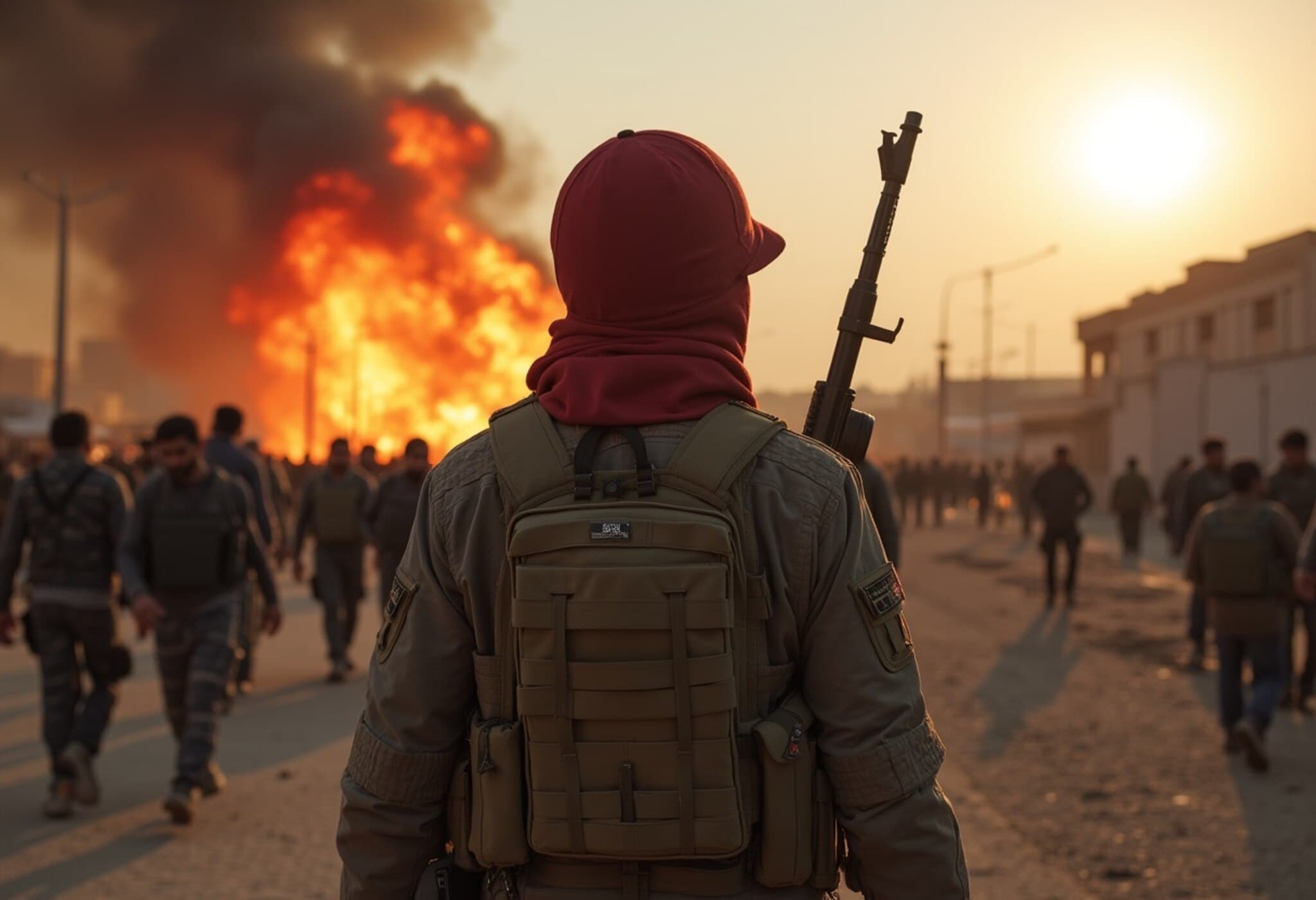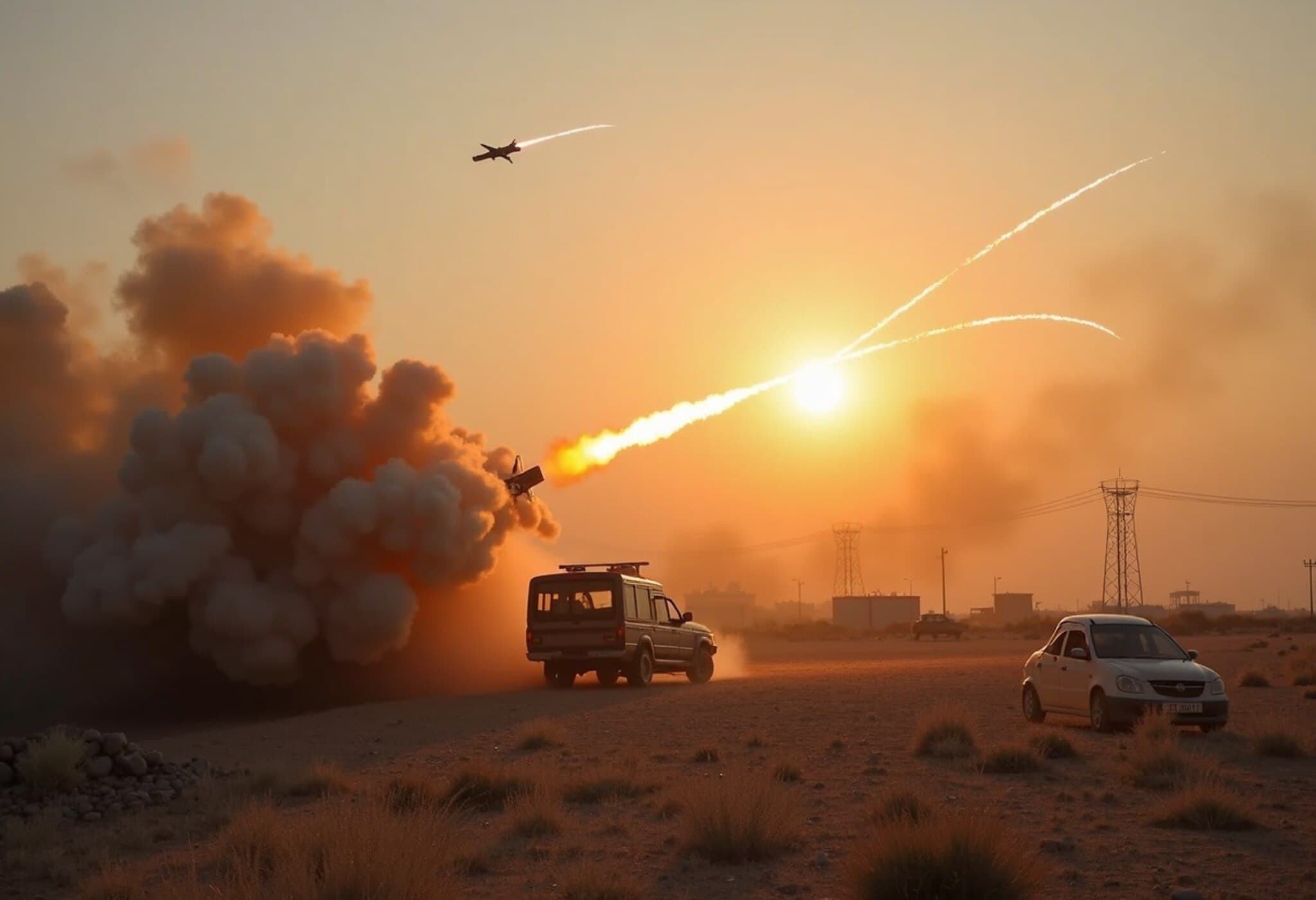Hamas Agrees to Release 10 Hostages, Signaling Progress Toward Gaza Ceasefire
July 10, 2025 – Early Morning Update: In a development that offers a rare glimmer of hope amid ongoing conflict, Hamas has agreed to release 10 hostages held in Gaza, signaling potential progress in tense negotiations with Israel aimed at achieving a ceasefire.
Context Behind the Hostage Crisis
The hostage situation has been a critical and emotional flashpoint in the Israeli-Palestinian conflict, with families of those detained pleading for their safe return. This agreement to release a limited number of hostages may indicate tentative steps toward easing tensions after weeks of devastating clashes and humanitarian distress in Gaza.
What This Means for Ceasefire Negotiations
Experts underscore that hostage releases, while symbolically powerful, are often part of broader, complex diplomatic talks. According to Middle East policy analysts, such moves can pave the way for further negotiations but are rarely the final solution.
- Diplomatic leverage: Hamas may be seeking to build goodwill or international support by agreeing to release hostages.
- Israeli response: Israel’s government has emphasized that any hostage return must be part of a comprehensive ceasefire plan.
- Humanitarian impact: For families of hostages and residents of Gaza, even limited releases bring much-needed emotional relief.
Broader Implications for Regional Stability
The conflict has reverberated beyond Gaza’s borders, impacting geopolitics in the Middle East and drawing global attention. U.S. and international diplomats are closely monitoring developments, given the potential ripple effects on regional security and ongoing peace efforts.
Legal scholars note that hostage-taking contravenes international humanitarian law, making releases not only a humanitarian priority but also a legal imperative in conflict resolution.
Expert Insight: What Comes Next?
Dr. Miriam Goldstein, a senior fellow specializing in Middle Eastern affairs, commented: "The release of hostages is a positive sign, but it is just one piece of a very complicated puzzle. Sustainable peace requires addressing underlying political grievances, security concerns, and humanitarian needs. This gesture should be a stepping stone, not an endpoint."
Meanwhile, advocates caution that recent history shows how fragile ceasefire attempts can be, urging all parties to commit to transparent negotiations and sustained dialogue.
Conclusion
This announcement marks a cautiously optimistic moment amid a protracted conflict characterized by trauma and uncertainty. While the release of ten hostages does not resolve deeper geopolitical conflicts, it creates a crucial opening for dialogue and hopeful respite for affected families.
Editor’s Note
As negotiations unfold, the international community faces pressing questions: How will both sides build on this gesture? Can humanitarian concessions translate into durable peace? And what roles will global actors play in sustaining momentum toward stability? This development underscores the essential human dimension behind headline conflicts and reminds us that behind every political move lie real lives awaiting resolution.

